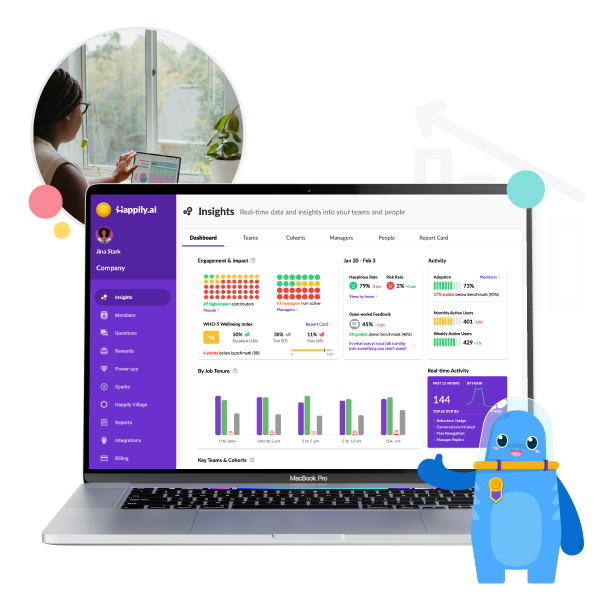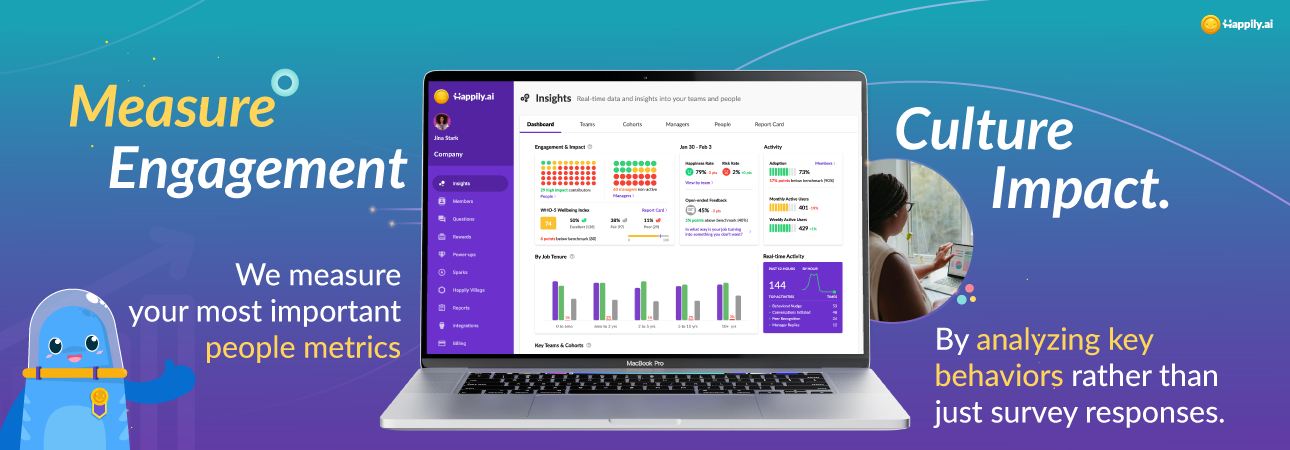Performance management has been a staple in the workplace for decades, but it's time for a change. The annual performance review, where managers sit down with employees to discuss their work over the past year, is often seen as a necessary evil. However, research shows that traditional performance management practices can actually do more harm than good.
Let's take a step back and think about what the annual performance review is meant to accomplish. The goal is to provide employees with feedback, help them set goals for the future, and align their work with the company's mission. However, the process often falls short and ends up being an exercise in frustration for both employees and managers.
The problem is that traditional performance management is plagued by biases and subjective evaluations. For example, if a manager has a personal preference for a particular type of work, they may overlook the contributions of employees who work in a different area. Additionally, many performance reviews are conducted only once a year, making it difficult to provide meaningful feedback that can help employees improve their work.
So, what's the solution? It's time to rethink performance management and move away from the traditional annual review. Instead, companies should adopt a more continuous and data-driven approach. This means regularly collecting and analyzing data on employee performance, and using this information to provide meaningful feedback and support for improvement.
Research has shown that employee motivation is closely tied to their sense of purpose and the impact they have on the world around them. Companies can use this information to help employees see the connection between their work and the company's mission, which can lead to greater engagement and better performance.
Peer Recognition: The Missing Piece in Performance Management
Performance management is not just about individual contributions, it's also about how well employees support and collaborate with their colleagues. This is where peer recognition can play a crucial role in providing a more comprehensive view of an employee's performance.
Peer recognition involves employees acknowledging and appreciating the contributions of their colleagues. This can include things like acknowledging a co-worker's hard work, praising their problem-solving skills, or simply saying "thank you" for their support. By collecting and analyzing data on peer recognition, companies can gain valuable insights into the relationships between employees and how they work together.
For example, if an employee consistently receives recognition from their colleagues, it's a sign that they are a strong team player and supportive of their colleagues. On the other hand, if an employee is not receiving recognition from their peers, it may indicate that they are not effectively supporting or collaborating with others. This information can be valuable for managers when evaluating an employee's performance and identifying areas for improvement.
In addition to providing a more comprehensive view of an employee's performance, peer recognition can also have a positive impact on employee engagement and motivation. When employees feel appreciated by their colleagues, it can increase their sense of belonging and their commitment to the company.
Values Alignment: The Key to Effective Performance Management
Performance management is not just about what employees do, it's also about how they do it. This is why it's important to include behaviors aligned with company values as part of the performance management process.
Company values are the beliefs and principles that guide an organization's behavior and decision-making. By aligning employee behaviors with these values, companies can create a culture of ethical and responsible behavior, which can lead to improved performance, increased employee engagement, and a positive reputation.
For example, if a company values transparency and honesty, employees who consistently demonstrate these behaviors should be recognized and rewarded. On the other hand, employees who engage in behaviors that are contrary to the company's values should be addressed and provided with opportunities for improvement.
Incorporating values alignment into performance management requires companies to regularly assess and measure employee behaviors in relation to the company's values. This can be done through a variety of methods, including employee surveys, 360-degree feedback, and incident reporting. By collecting and analyzing this data, companies can gain valuable insights into the extent to which employee behaviors are aligned with the company's values, and identify areas for improvement.

Bringing Transparency to Performance Management with Technology
Technology has revolutionized many aspects of business, and performance management is no exception. In today's fast-paced and ever-changing work environment, companies need tools that can provide real-time insights into employee performance. This is where Happily.ai comes in.
Happily.ai is a software that takes in real-time information about employee recognition, engagement, and values alignment, and provides an impact score that brings transparency to performance measurement and evaluation. This software combines the latest advancements in artificial intelligence and machine learning to provide organizations with a comprehensive view of employee performance.
With Happily.ai, companies can collect and analyze data on employee recognition, engagement, and values alignment in real-time. This data can then be used to identify areas of strength and improvement, and make data-driven decisions to support employee development and growth.
In conclusion, it's time to say goodbye to the annual performance review and embrace a more data-driven approach to performance management. Transitioning to a continuous feedback model can be streamlined with advanced performance management system software that facilitates real-time evaluations and goal tracking that are more effective, objective, and aligned with employee motivations. So, let's take the leap and start rethinking performance management!











